P181 Sharps Injuries and Safer Sharp Protocols
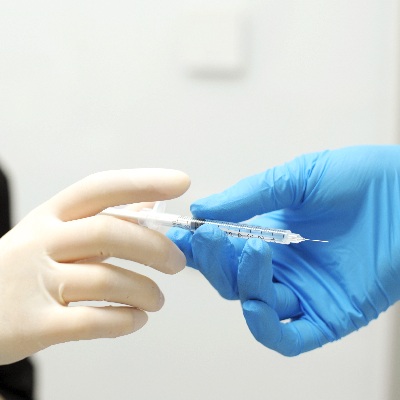

of verifiable CPD
This online training course equips dental professionals with the essential knowledge and skills to handle sharps safely an...
More Info Purchase CPDThis course will teach learners how to comply with the waste disposal training requirement of HTM 07-01.
This course will teach learners how to comply with the waste disposal training requirement of HTM 07-01.
During this course learners will:
After completing this course the learner can:
GDC
CQC


of verifiable CPD
This online training course equips dental professionals with the essential knowledge and skills to handle sharps safely an...
More Info Purchase CPD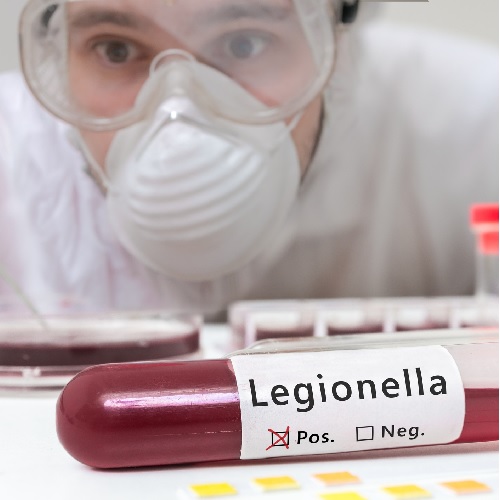
of verifiable CPD
This course will provide you with detail to apply knowledge of legionella bacteria, the law and management of legionella a...
More Info Purchase CPD

of verifiable CPD
This course will provide learners with essential information about personal protective equipment and why it is required.
More Info Purchase CPD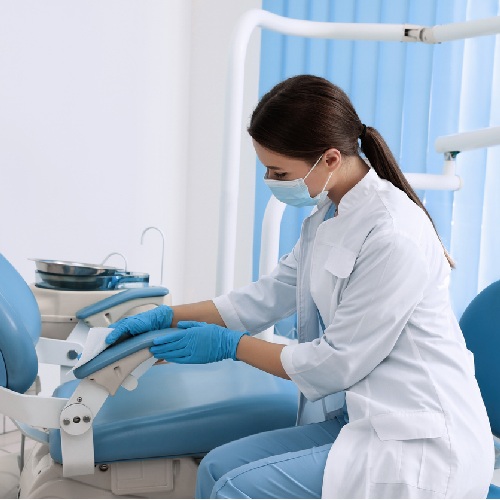

of verifiable CPD
This course will provide learners with an understanding of what is meant by surface cleaning is and when it should be perf...
More Info Purchase CPD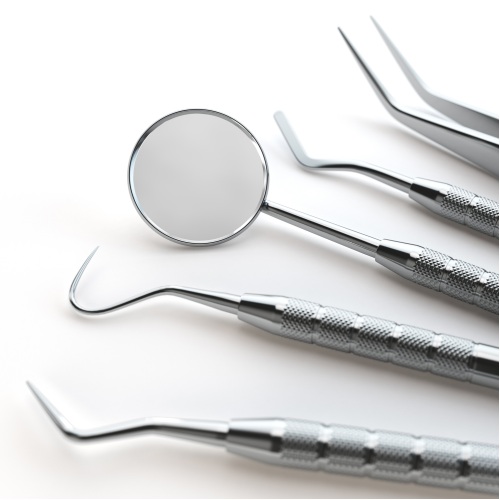

of verifiable CPD
This course outlines the requirements for reprocessing dental instruments and will help learners to comply with HT...
More Info Purchase CPD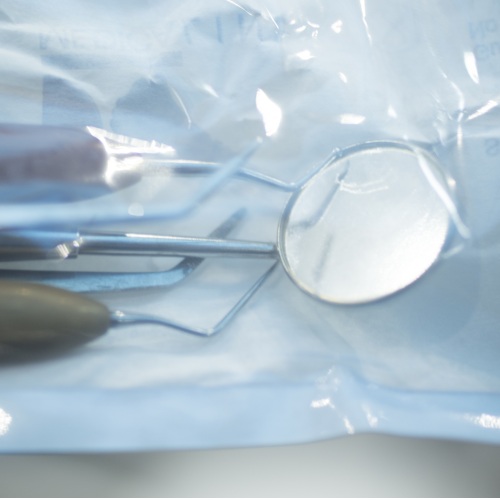

of verifiable CPD
This course aims to provide learners with an in-depth look at the transportation, packaging and storage of dental instrume...
More Info Purchase CPD

of verifiable CPD
This course provides learners with information about infection control and decontamination in the dental practice....
More Info Purchase CPD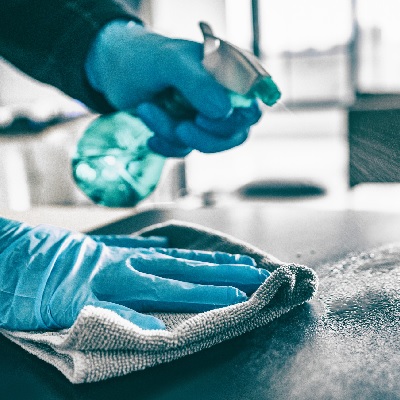
of verifiable CPD
This recorded webinar looks at the different types of pathogens and highlight the requirements to mitigate the risks based...
More Info Purchase CPD